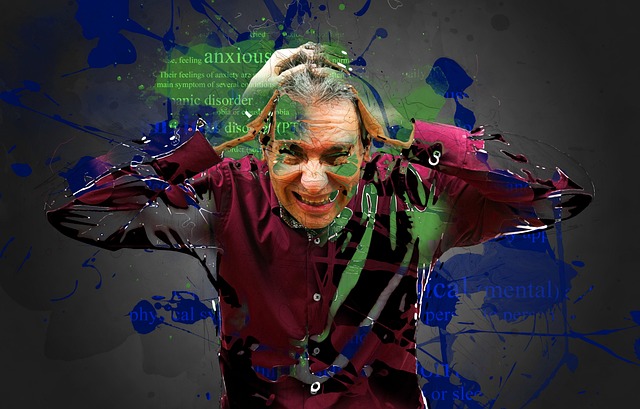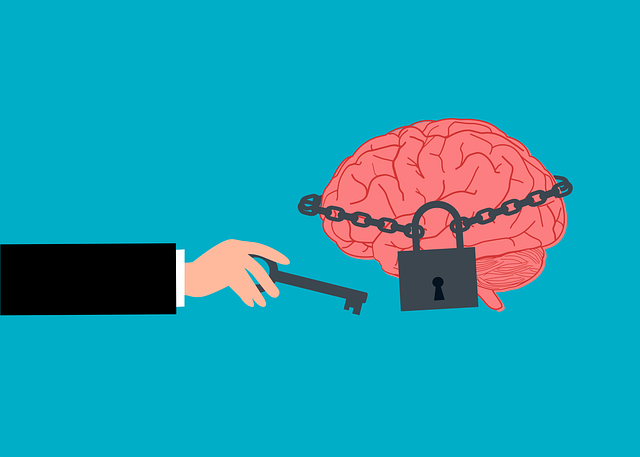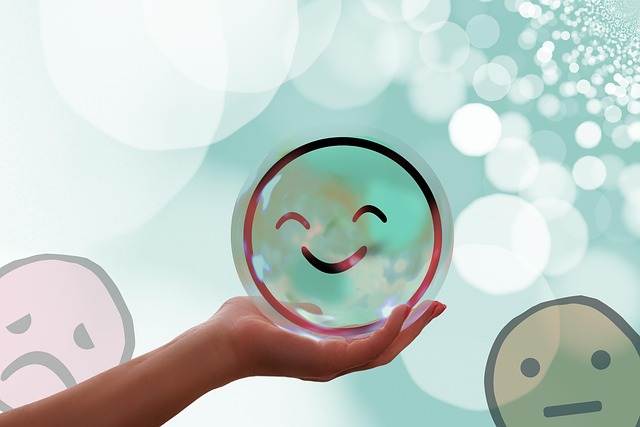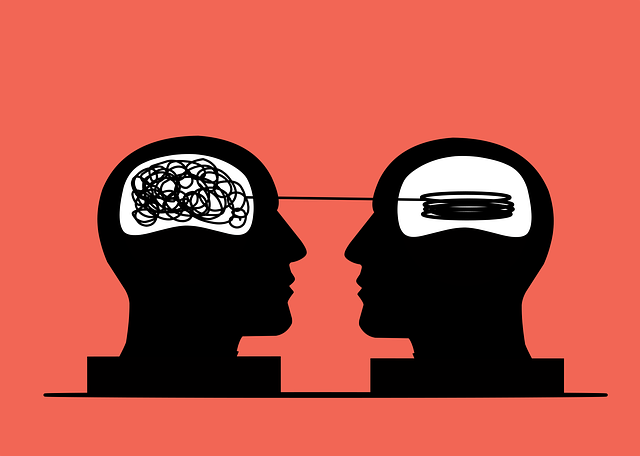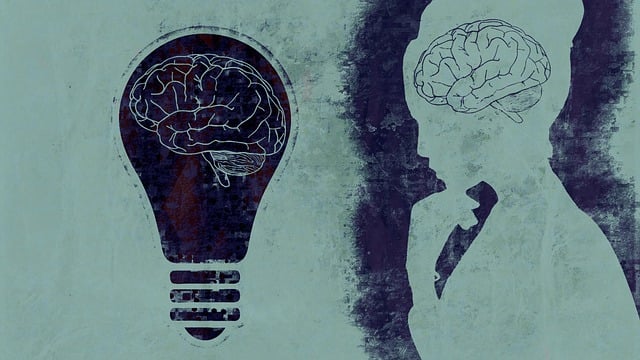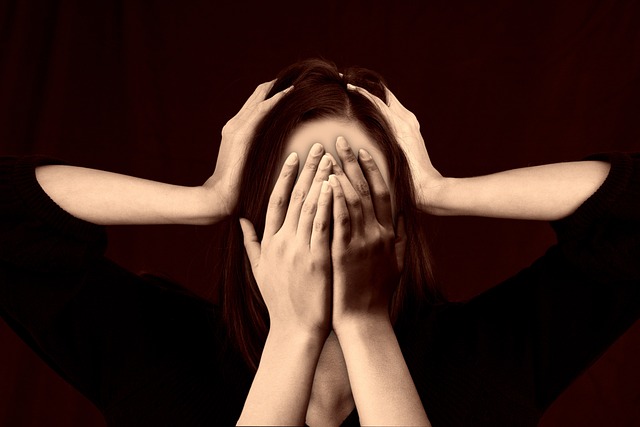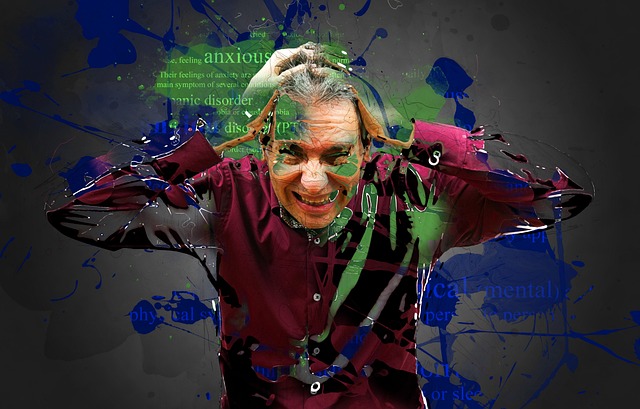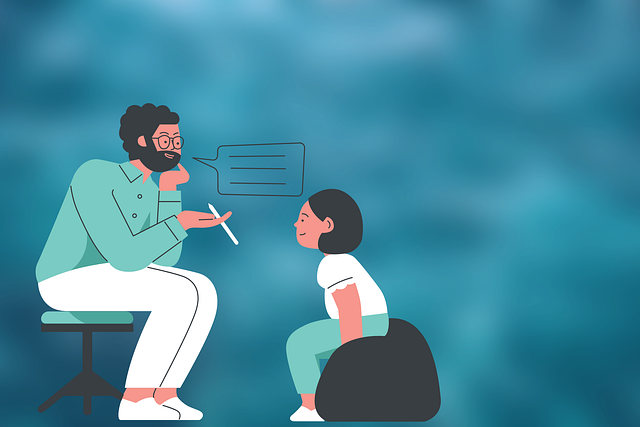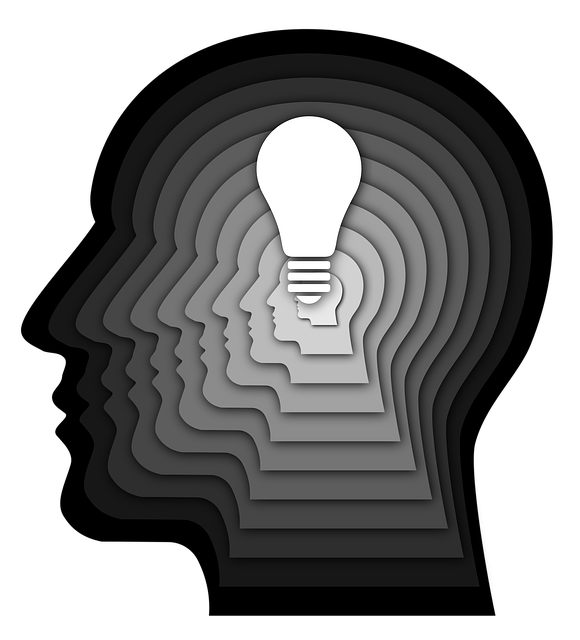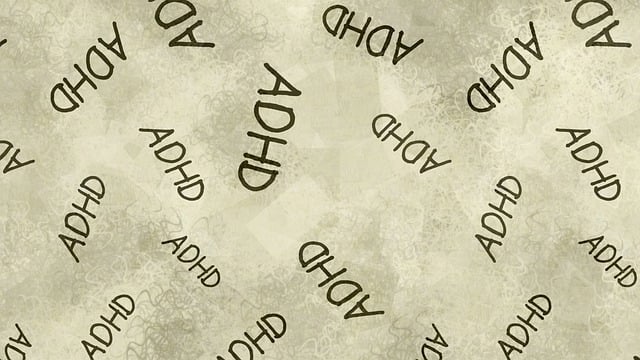Anxiety among young adults becomes problematic when persistent and overwhelming, affecting daily life. Effective therapy involves recognizing triggers and symptoms, along with cultural competency training, mental health evaluations, CBT, and mindfulness practices. Lifestyle adjustments like exercise, diet, meditation, and journaling, in conjunction with professional help through therapy and evaluations, offer a holistic approach to managing anxiety and promoting long-term well-being.
Anxiety is a common struggle, but managing it effectively can lead to improved quality of life. This comprehensive guide explores various techniques to combat anxiety, focusing on cognitive behavioral therapy (CBT), mindfulness, lifestyle adjustments, and professional support. For young adults, understanding anxiety triggers and seeking therapy or mental health evaluations can be game-changers in fostering resilience and overall well-being. Discover practical steps to reclaim control and navigate life’s challenges with enhanced calmness and clarity.
- Understanding Anxiety: Identifying Triggers and Symptoms
- Cognitive Behavioral Therapy (CBT): A Powerful Tool for Managing Anxiety
- Mindfulness and Meditation: Finding Calm in the Midst of Anxiety
- Lifestyle Changes for Improved Mental Health: Exercise, Diet, and Sleep
- Seeking Professional Help: The Role of Therapy and Mental Health Evaluations for Young Adults
Understanding Anxiety: Identifying Triggers and Symptoms

Anxiety is a natural response to stress and potential threats, but when it becomes persistent and overwhelming, it can significantly impact daily life. Understanding anxiety involves recognizing its triggers and symptoms. Triggers can vary widely from person to person and may include stressful life events, specific situations, or even certain thoughts and memories. Common symptoms of anxiety include heightened heart rate, rapid breathing, restlessness, irritability, and insomnia.
Identifying these triggers and symptoms is crucial in navigating therapy for young adults, where mental health evaluations play a pivotal role. Healthcare providers with cultural competency training can offer tailored support, recognizing the unique impact of anxiety on individuals from diverse backgrounds. Compassion cultivation practices and trauma support services are also valuable tools to enhance therapeutic outcomes, fostering resilience and promoting well-being.
Cognitive Behavioral Therapy (CBT): A Powerful Tool for Managing Anxiety

Cognitive Behavioral Therapy (CBT) has emerged as a powerful tool for managing anxiety, particularly among young adults. This form of therapy focuses on identifying and changing negative thought patterns and behaviors that contribute to feelings of anxiety and stress. By understanding how our thoughts influence emotions, CBT empowers individuals to challenge and replace distorted thinking with more realistic and balanced perspectives.
Through structured sessions with a qualified therapist, CBT helps in developing effective coping strategies and communication skills. The therapy is designed to enhance mental health awareness, enabling young adults to recognize triggers and manage symptoms proactively. By learning communication strategies tailored for their unique needs, individuals can better express their feelings and concerns, fostering healthier relationships and social interactions. This holistic approach not only addresses the symptoms of anxiety but also equips individuals with valuable tools for long-term mental health management.
Mindfulness and Meditation: Finding Calm in the Midst of Anxiety

Mindfulness and meditation have emerged as powerful tools in the arsenal of anxiety management techniques, especially for young adults navigating their mental health. These practices encourage individuals to focus on the present moment, observing their thoughts and feelings without judgment. Through regular practice, one can develop a stronger sense of self-awareness, enabling them to recognize the early signs of anxiety and respond rather than react.
Incorporating mindfulness into daily routines can significantly enhance coping skills development. It allows for a break from the constant stream of worries and anxieties, fostering a deeper connection with the present. Moreover, meditation complements this process by promoting relaxation and improving emotional regulation. This therapy for young adults goes beyond mere relaxation; it empowers them to cultivate social skills training internally, leading to better interactions and relationships, and encourages the adoption of a structured self-care routine for optimal mental health evaluations.
Lifestyle Changes for Improved Mental Health: Exercise, Diet, and Sleep

For young adults struggling with anxiety, making lifestyle changes can significantly impact mental health and overall well-being. Regular exercise is a powerful tool in managing anxiety; it stimulates the release of endorphins, often referred to as ‘feel-good’ hormones, which can reduce stress and improve mood. Activities like yoga or walking can be particularly beneficial, as they promote mindfulness and teach individuals to focus on the present moment, effectively calming anxious thoughts.
Diet also plays a crucial role in mental wellness. A balanced diet rich in nutrients supports brain health and stabilizes mood. Reducing caffeine and sugar intake, known contributors to anxiety, can lead to better sleep quality. Additionally, incorporating stress-reducing practices like meditation or keeping a journal alongside improved eating habits and regular exercise can create a holistic approach to therapy, often recommended as part of young adult mental health evaluations. This combination may help individuals develop effective coping mechanisms, improve their ability to navigate challenging situations, and even consider participating in Mental Wellness Coaching Programs for further development and Social Skills Training.
Seeking Professional Help: The Role of Therapy and Mental Health Evaluations for Young Adults

For many young adults grappling with anxiety, seeking professional help through therapy and mental health evaluations is a vital step towards managing their symptoms effectively. Therapy offers a safe space to explore the underlying causes of anxiety, providing valuable tools and strategies to cope. Mental health professionals are trained to deliver evidence-based therapies like cognitive behavioral therapy (CBT), which has proven success in treating anxiety disorders. CBT teaches individuals to challenge negative thought patterns and replace them with more realistic, positive ones, thereby reducing anxious feelings.
Mental health evaluations play a crucial role in this process by offering a comprehensive assessment of an individual’s mental well-being. These evaluations can help identify specific anxiety disorders, such as generalized anxiety disorder or panic disorder, allowing for tailored treatment plans. Additionally, they often include discussions about lifestyle factors and personal experiences that may contribute to anxiety, including the development of a personalized self-care routine focused on mindfulness meditation and mind over matter principles.
Anxiety management is a holistic process that involves understanding, identifying, and addressing triggers through various techniques. Cognitive Behavioral Therapy (CBT) offers structured tools to challenge negative thought patterns, while mindfulness practices cultivate present-moment awareness. Lifestyle adjustments, including regular exercise, balanced diets, and adequate sleep, significantly contribute to mental well-being. For young adults experiencing anxiety, seeking professional help through therapy and mental health evaluations is a pivotal step towards managing symptoms effectively and cultivating a healthier, more fulfilling life.
